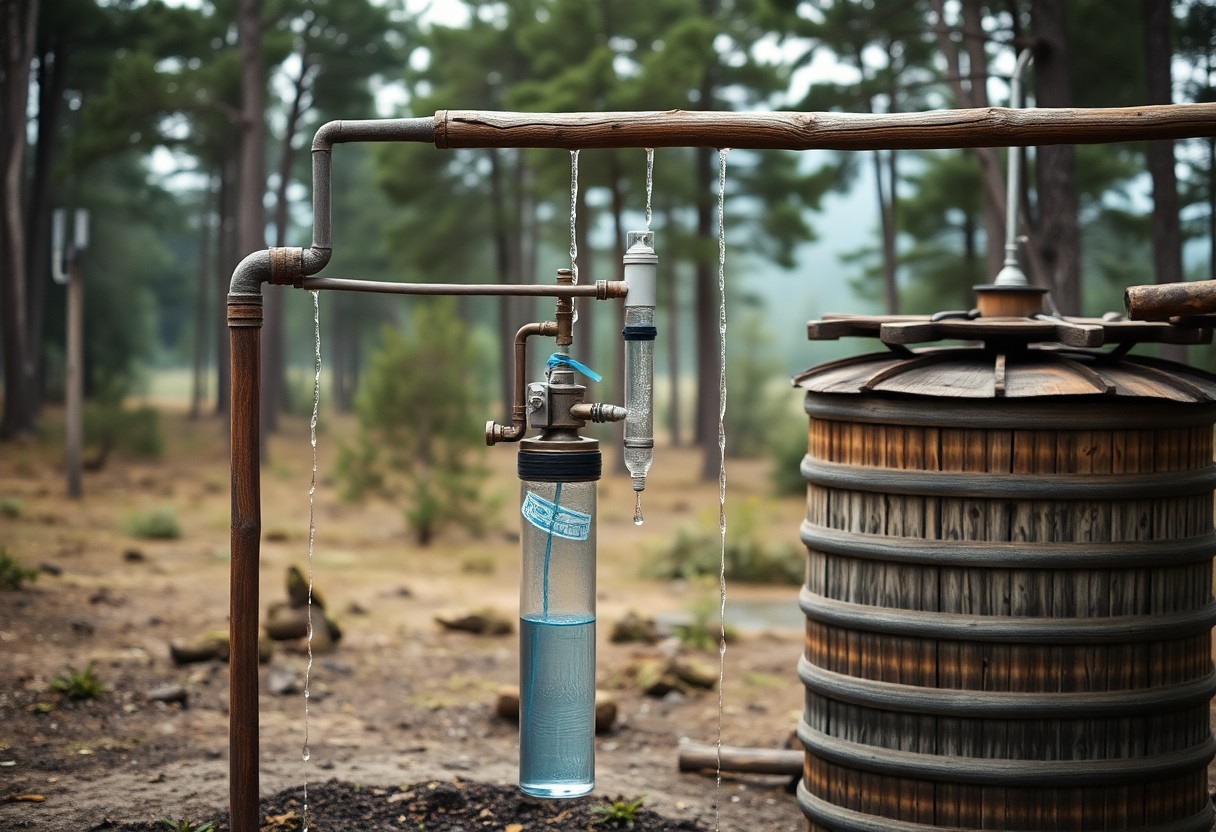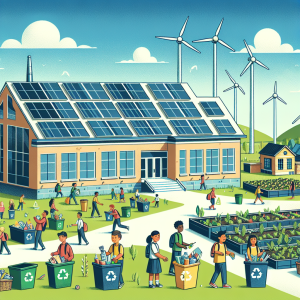Water Conservation Techniques for Sustainable Agriculture
Implementing effective water conservation techniques in agriculture is crucial for ensuring long-term sustainability and combating water scarcity challenges. The agricultural sector is the largest consumer of freshwater resources globally, necessitating strategies that optimize water use while preserving soil health and crop productivity.
One of the most effective water conservation methods in agriculture is drip irrigation. Unlike traditional irrigation systems that can lead to significant water waste, drip irrigation delivers water directly to the plant’s root zone, minimizing evaporation and runoff. This method not only saves water but also enhances plant growth by providing consistent moisture levels. The precision of drip irrigation allows farmers to tailor water delivery according to soil type and crop needs, significantly improving water use efficiency.
Mulching is another critical technique, employed to retain soil moisture and regulate temperature. By covering the soil with organic or synthetic materials, mulching reduces evaporation rates and maintains consistent soil moisture levels. This not only conserves water but also suppresses weed growth, reduces soil compaction, and contributes to the organic matter content of the soil when organic mulches are used. Straw, wood chips, and compost are popular organic mulches that can enhance water retention and improve soil health over time.
Rainwater harvesting is increasingly being adopted in agricultural practices as an effective way to supplement water supply. By capturing and storing rainwater during periods of heavy rainfall, farmers can create a usable water reserve for drier periods. This practice is especially beneficial in regions with irregular rainfall patterns. Implementing structures such as ponds, tanks, and swales can maximize rainwater capture and increase farm resilience against droughts.
Soil management practices also play a pivotal role in water conservation. Techniques such as no-till farming and cover cropping enhance soil structure and organic matter content, leading to improved water infiltration and retention. No-till farming reduces soil disturbance, maintaining soil aggregates and pore spaces that facilitate water movement and storage. Cover crops, planted during off-seasons, prevent soil erosion and improve water infiltration, thereby enhancing the soil’s capacity to retain moisture.
Employing crop rotation and diversification strategies can further contribute to water conservation. By alternating crops with different water requirements, farmers can balance water consumption across the farm. Crop diversification, including the integration of drought-resistant crop varieties, reduces dependency on water-intensive crops and increases farm resilience against climate variability.
Precision agriculture technologies are transforming water management in modern farming. Remote sensing tools, soil moisture sensors, and weather forecasting systems provide real-time data on soil and atmospheric conditions. This enables farmers to make informed decisions regarding irrigation scheduling and water allocation. By utilizing data-driven insights, farmers can optimize water use, reducing wastage while maintaining crop health.
In addition to on-the-ground techniques, policy measures and community-led initiatives play an integral role in sustainable water management. Governments must support farmers through the provision of subsidies and incentives for adopting water-efficient technologies. Cooperative water-sharing agreements among farmers can also ensure equitable access to water resources, fostering a culture of conservation.
Education and awareness campaigns are essential to promote water conservation techniques within the agricultural sector. Training programs that focus on the benefits and implementation of sustainable practices can empower farmers to adopt new technologies and adapt to changing environmental conditions. Community-led workshops and demonstration farms serve as platforms for exchanging knowledge and facilitating peer learning.
The use of recycled wastewater in agriculture, known as water reuse, is gaining traction as an alternative water source. By treating and safely reusing wastewater, water scarcity issues can be alleviated, particularly in arid regions. Advanced treatment technologies ensure that recycled water meets safety standards, making it a viable option for irrigating crops and maintaining soil health.
Agroforestry, which integrates trees and shrubs into agricultural landscapes, offers additional benefits for water conservation. Trees help reduce evaporation rates, enhance groundwater recharge, and improve microclimatic conditions. The presence of trees in agricultural fields can also improve soil structure and increase the organic matter content, further facilitating moisture retention and reducing water demand.
Focusing on water conservation in agriculture is essential not only for the sustainability of farming practices but also for the preservation of vital ecosystems. By adopting a holistic approach that combines technology, education, and policy support, the agricultural sector can significantly reduce its water footprint while maintaining productivity and supporting global food security. These strategies must be continually adapted and refined to address evolving climate conditions and ensure a sustainable future for agriculture.




